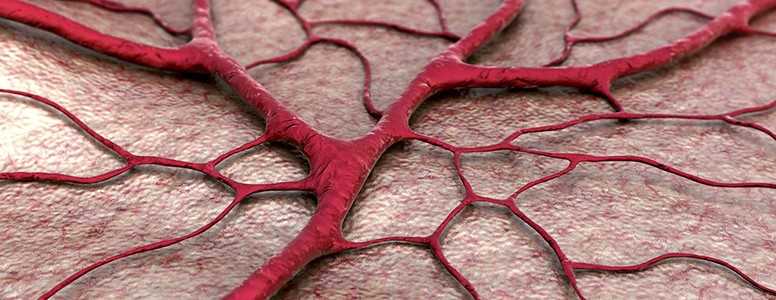The role of blood vessels should be further explored as a means of helping to control blood glucose levels in type 2 diabetes, according to Yale University researchers.
In a new study scientists have, for the first time, learned about the biological mechanism behind a protein found in blood vessels and its positive effects on the body’s use of glucose.
This secreted protein – meaning it is discharged from a cell – is called apeli, and has the ability to regulate glucose and insulin levels, but until now researchers have not fully understood how it works.
The findings were based on experiments involving mice and human samples, and could form the basis of new therapies for the treatment of type 2 diabetes, according to the researchers, who believe that blood vessel treatments are often underutilised by drugmakers.
The protein’s receptor, a molecule that receives chemical signals from outside a cell, is mainly expressed within the inner lining of the body’s blood vessels.
Experiments on mice without this receptor showed a fatty acid accumulation in tissues as well as a loss of apelin’s positive effects on the metabolism. The mice were also resistant to insulin.
The researchers concluded: “These findings provide mechanistic insights that could greatly expand the therapeutic repertoire for type 2 diabetes and related metabolic disorders.
“Treatment of type 2 diabetes mellitus continues to pose an important clinical challenge, with most existing therapies lacking demonstrable ability to improve cardiovascular outcomes.”
The study was published in the journal Science Translational Medicine.
Editor’s note: While the findings reveal an important insight regarding the proteins in blood vessels, the best treatments for type 2 diabetes involve eating healthy to lower blood sugar levels and getting regular exercise to help regulate weight. For more information on preventing and putting type 2 diabetes into remissio, visit the Low Carb Program.
What's new on the forum? ⭐️
Get our free newsletters
Stay up to date with the latest news, research and breakthroughs.






